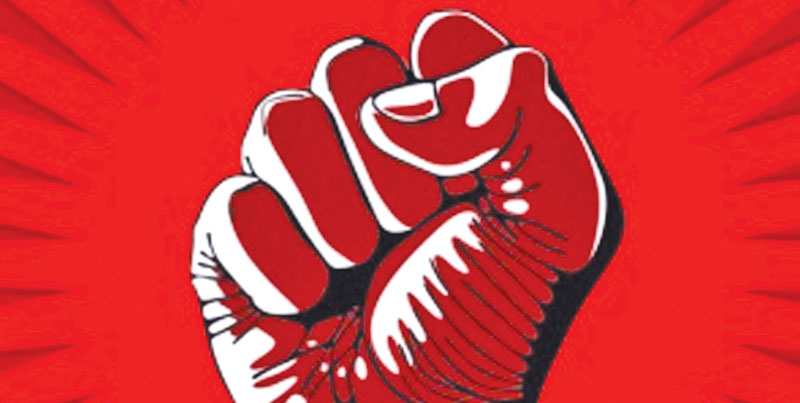First published on: 01 May 2020

Mr B.T. Ranadive, well-known trade union and CPM leader, passed away this month 30 years ago in 1990. I still remember walking in the heat as part of his funeral procession from the CITU office in Worli to Dadar. It was an unusually long procession.
Trade unions still held a strong position in society then. But even back then, the mainstream media was not very supportive. I recall covering a well-attended, CITU conference at the Shanmukhananda hall, Matunga. Yet, the day after the inaugural session, the Times of India where I worked, did not carry any report. The TOI had a strong CITU union at the time. I think someone spoke to chairman Ashok Jain and subsequently a report appeared.
In the subsequent era of neoliberalism, union busting became common, it became fashionable among intellectuals to run down the struggle for workers’ rights. Of course, they were handsomely rewarded for their loyalty to the establishment and for their betrayal of people. The most naked example at the government level was the Exit Policy in the nineties which favoured a hire and fire policy. For some years there was not even a cabinet rank labour minister in the state. There used to be a lower rank minister with the status of minister with independent charge.
But then the stark visuals of the trek of long lines of migrant labour from different parts of the country worked like an eye opener. The harsh reality (of their lives) could no longer be ignored.
It was good to see the bow tie wearing columnist and television interviewer express so much sympathy for workers in a recent interview with an academic. Mr Karan Thapar has changed so much for the better in the last few years. There is a sea change in public perception of labour: we seem suddenly to have become aware of their version of the tragedy, the problems they face and their overall exploitation.
This is an interesting phenomenon on the eve of May Day, traditionally a day of assertion of working class solidarity. There is now the very real possibility of a solidarity being built with other sections as well. Every one is going to be hit now with the exception of the one percent who have fattened themselves at our expense and who pose a serious threat to democracy. Unfortunately, this is also a sad time as there is massive unemployment already and wages are being cut.
There are various historical versions and accounts around the origin of May Day. Rosa Luxemberg, the renowned radical thinker has said the struggle to attain the eight-hour day was first born in Australia. The workers there decided, in 1856, to organise a day of complete stoppage together with meetings and entertainment as a demonstration in favor of the eight-hour day. The day chosen for this celebration was to be April 21. At first, the Australian workers intended this only for that year, that is 1856. But the first celebration had such a strong effect on the proletarian masses of Australia, enlivening them and leading to new agitation, that it was decided to repeat the celebration every year.
In fact, what could give the workers greater courage and faith in their own strength than a mass work stoppage on which they had decided themselves? What could give more courage to the eternal slaves of the factories and the workshops than the mustering of their own troops? Thus, the idea of a proletarian celebration was quickly and widely accepted and, from Australia, began to spread to other countries until finally it had conquered the whole proletarian world.
The first to follow the example of the Australian workers were the Americans. In 1886 they decided that May 1 should be the day of universal work stoppage. On this day 200,000 of them left their work and demanded the eight-hour day. Later, police and legal harassment prevented the workers for many years from repeating this demonstration. However in 1888 they renewed their decision and decided that the next celebration would be May 1, 1890.
The movement grew stronger over the next few decades
(There have been minor edits made to the original)